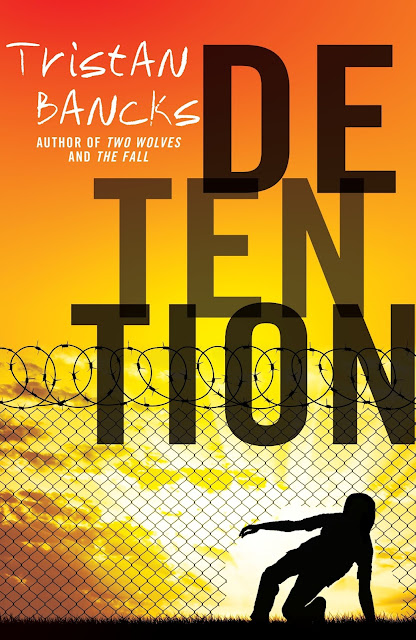A Time To Write - Top Tips for Writing with Feeling
What was important and even more tragic, was what I did with these raw emotions.
I ripped out my heart and rammed it on my sleeve, alongside my anguish, and for the next three hours goaded and forced them to fit into the composition question of my English exam.
It wasn't exactly an epic fail. But it did remove any chance of scoring the A+ I had in the bag 24 hours before hand. A lesson hard learnt.
Zip forward a few decades...
Five years ago I penned a picture book manuscript which I've been pushing around, in and out of competitions and past a few critical eyes. It is now foremost in my in-tray again, as my wonderful mentor, Dee White, and I ready to do battle with it. Except, last week, an horrific backyard incident took place leaving me numb with shock and anger. The details are not important. Suffice to say it was a classic case of life imitating art.
What is important is that, after reopening the manuscript and staring at those words so ironically reflective of what actually took place, I found I could not immerse myself back into the story. Not yet.
I closed the file and told Dee of my status quo, explaining I'd rather not drown the text in emotional drivel and needed a bit of time to allow the rawness to subside. She agreed. It is impossible to write objectively and brilliantly when you are beset with thick, consuming emotion.
Of course as writers, we are often advised to channel our own pain and joys into our words, to bleed a little on the page because that intensifies the sense of reality and believability. This is not untrue. So bleed if you must. Draw on your own experiences and dig into your emotional baggage because you will very likely find some colourful moments worth weaving into your story. But be wary of the 'too much, too soon' syndrome.
I have not shared much about my mentoring experiencing to date. I've been much too absorbed with the whole process and enjoying that exclusivity for what it's worth.
So here are my tips for writing with feeling when feelings are on fire:
- Distance: Give yourself time; a change of environment; a reason to stop dwelling on how you feel; or simply allow yourself to grieve, rejoice, miss, whatever it is that is occupying your energy and attention. No matter how much you want to write about what just happened to you or force it into a story because you think that somehow that will make you feel better and make your words stronger, don't. Stand back and just breathe a little first.
- Perspective: Without it your characters will be assuming paper souls with emotions based on what you are feeling, not what they would be feeling. What is happening around you may intensify (or weaken) your story in ways that do not make it work as it should. Don't let warped perspectives warp your story and characters out of their natural context. Emotion should not tell the story or be the story. It should enhance it.
- Return: When the time is right, and the wounds have healed, reopen the files or write about your experience afresh and see how it compares to how you felt when it all first happened. You'll know when to return and when the time is right; when it feels less sad, less unpleasant and more like returning to an old friend's cosy lounge room for a relaxing cup of tea.
- Channel and Focus: Don't waste those emotions. They are valid and real after all. Remember how you felt, how you wanted to react, or what you did, and why, then direct this all carefully and with purpose into your writing.
- Calm: Be it, think it, believe it.
- Social Media: Up to you but many people would do well to apply Steps 1 - 5 before commenting on any FB post too.
- Try to avoid encountering horrific backyard incidents immediately prior to embarking on a significant writing project. They really can throw your plans.
- Finally in the words of my mentor: Writing cannot be forced - it has to come when the time is right. And there is no right time for writing, just time to write.





Comments